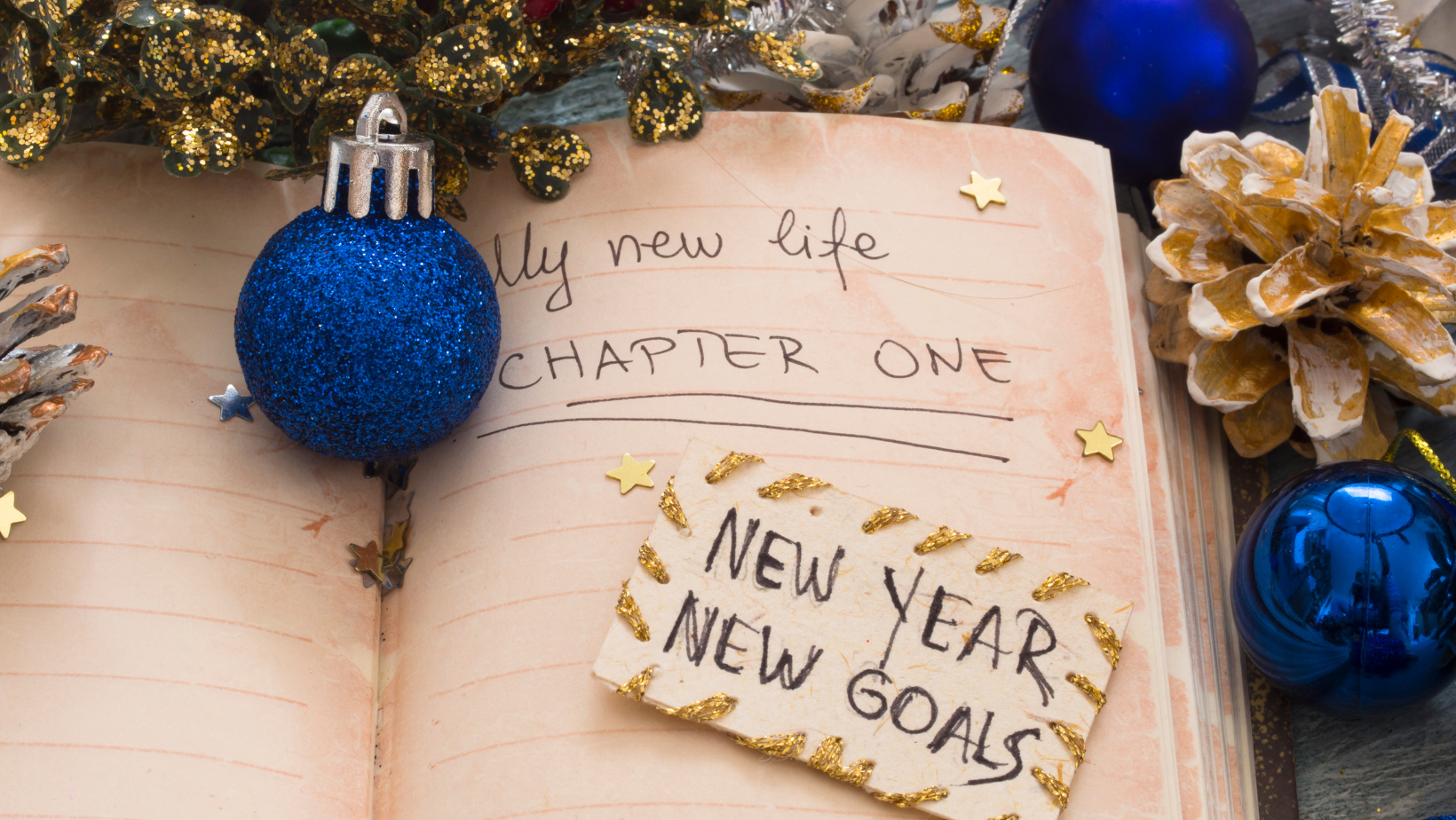
Taking time off from alcohol? Need a break after the holidays? While many of us consider a sober month for our New Year’s resolutions, sticking to this goal can be easier said than done.
What is Dry January?
Dry January started as a public health campaign from a UK-based organization, Alcohol Change UK, but has been adopted by nations all over the world. There are lots of reasons why someone would participate in Dry January, such as:
- Embracing a healthier lifestyle
- Kicking off new fitness goals
- Saving money
- “Resetting” after the holidays
- Correct unhealthy sleep patterns
January isn’t the only month you might consider going hard AF (that’s alcohol-free). Many also participate in Dry July, Sober October, and No-Alcohol November. Some even extend their goal for Sober Spring or Sober Summer after seeing all the benefits!
Can a “sober month” really help?
Whatever your reason for taking a break from drinking, there is evidence that a boozer-free month can help you reduce anxiety, improve your mood, clear up your skin, sleep better and experience more energy. Dry January participants have reported all kinds of mental, physical, and emotional benefits to taking a break from booze.
How can I prepare for a successful Dry January?
- Stock up on your favorite non-alcoholic options. If you’re used to unwinding at the end of the day with a glass of wine or a beer, pick up some alcohol-free versions to keep in the fridge. You can also find many alcohol alternatives for your favorite liquors both online and in big-box liquor stores. Lean on low-sugar options, like sparkling water or hop water, to avoid excess calories.
- Keep temptations at bay. Remove the alcohol from your home (but don’t use this as an excuse to over-indulge in December). If you’re out and about, have a few non-alcoholic versions of your favorite drinks in mind to order at restaurants/bars, or bring a non-alcoholic beverage with you to the family party.
- Try an app or keep a log. Keeping track of your drinking can help you stay motivated. Try Dry is worth a look.
- Enlist support. Talk with a friend or trusted family member about your goal, and ask for encouragement. Even better: enlist someone to participate in Dry January with you.
- Be kind to yourself. Don’t let a little slip-up (like having a glass of wine at a friend’s house) derail all your progress. Forgive yourself, and use it as a learning opportunity to see how you can stick to your goals better in the next moment.
IMPORTANT: While Dry January can be hugely beneficial, there are risks. Depending on how much you usually drink, stopping alcohol entirely can be dangerous. If you experience symptoms of alcohol withdrawal, seek medical help immediately. Symptoms can be mild (such as anxiety, headache, nausea, vomiting, insomnia) to severe (hallucinations, rapid heart rate, fever), and may set in days after quitting.




Leave A Comment